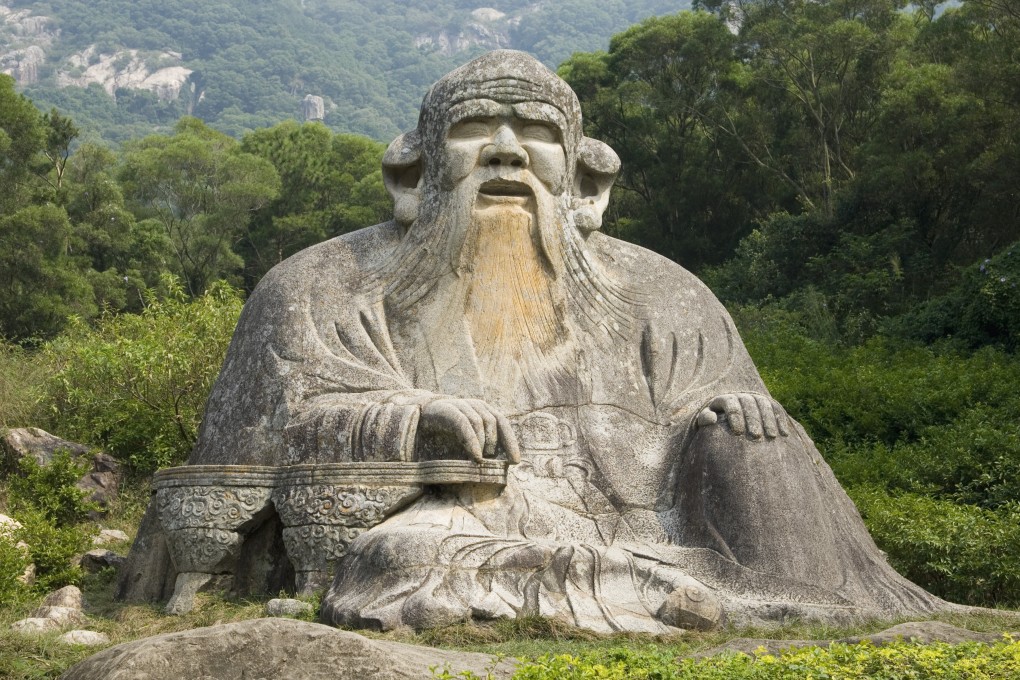Reflections | Why Chinese Buddhists, Taoists and Confucians get along yet the world’s Christians, Muslims and Jews cannot
- Followers of the Abrahamic faiths have clashed throughout history, but in China believers in Buddhism, Taoism and Confucianism have usually got along
- One reason is that these belief systems are not dogmatic; in the same Chinese temple one can offer devotions to Buddhist and Taoist deities and to Confucius

In a few days’ time, Muslims will celebrate Eid ul-Fitr to mark the end of Ramadan, the holy month in the Islamic calendar. Eid ul-Fitr is referred to by different names or variant pronunciations across the world’s Muslim communities, but these different names all share the basic meaning of a feast day celebrating the breaking of the fast. In Mandarin Chinese, it is called kaizhai jie.
Despite them worshipping the same deity, the historical animosity between the adherents of the three Abrahamic religions has remained insurmountable. This mutual animosity is less a consequence of religious beliefs than the accumulative result of human behaviour throughout history, actions driven by the least attractive aspects of human nature, such as greed, suspicion, tribalism and the propensity for violence.
The three main belief systems that have informed the thoughts and actions of generations of Han Chinese to the present day are Buddhism, Confucianism and Taoism. Whereas Confucianism and Taoism are philosophical products of the Chinese civilisation, Buddhism first came to China from the Indian subcontinent in the first century CE during the Han period.

Over time, however, Buddhism became so thoroughly assimilated that Chinese Buddhism became a unique and separate religion in its own right.
